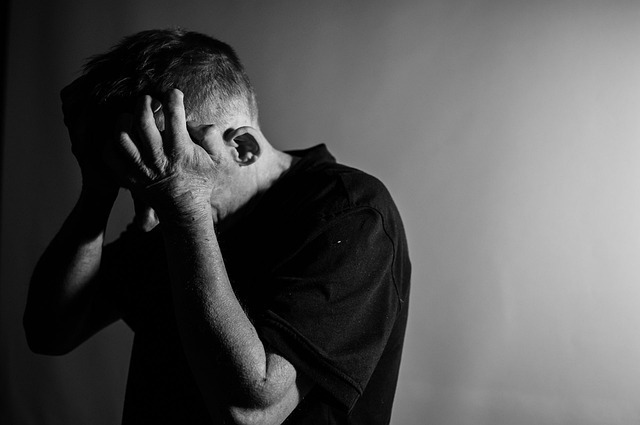Is Depression Normal?
Many people will suffer a bout of depression, due to life events, such as losing a job, losing a loved one (that includes pets), or just a general sense of unhappiness when deciding what you will do with the rest of your life. For substance abusers, however, depression is more than just a fleeting episode of unhappiness. Yet help can be found when undergoing a dual-diagnoses treatment program that works with both sides: your physical substance abuse/addiction and your mental thinking processes which need to be addressed when working to get off abusive behaviors.
For those coping with depression, using both alcohol and/or drugs is part of numbing the feelings of unhappiness or sadness. Yet both substances actually further agitate the depression you have, due to the physical-chemical changes that occur while using substances for longer periods of time. The brain’s GABA neurological system regulates anxiety symptoms and, over time, the system becomes damaged and unbalanced when alcohol chemicals constantly bombard it, causing extreme personality disorders, including advanced uncontrollable depression.
Many people drink alcohol at parties and other social gatherings just to get over the feelings of insecurity and to feel like they can talk with anyone about anything. If you find you need two to three glasses of wine at home before going to a social gathering, then alcohol has become a “mental crutch” (and addiction) as the only way to “open up” and be happily sociable with others.
The other problem is that, if caught by the police and your blood alcohol concentration (BAC) is beyond the safe point (0.08 percent) to be operating a vehicle, then you might be spending a night in jail among other problems incurred. If they suspect you have taken drugs because of your behavior, they may search you and your vehicle, looking for packets of drugs.
When abusing drugs and alcohol, you may deaden your emotions from whatever is hurting you, but that lasts for only as long as you are high on substances. Depression can become worse when you come down off the high. Such “solutions” to depression only address immediate symptoms of fear and anxiety, not the root cause of what is going on with you.
Types of Depression
Depending on the kind of cellular chemical damage done to your body and mind while engaged with substances, depression can occur on rare occasions but become more pronounced over time. Mood disorders can occur suddenly, even violently, and those closest to the person will notice the personality changes from what that person used to be. This outcome is due to changes and damage of the brain cells through the GABA neurological system which affects the thinking process. The Beck Depression Inventory (BDI) screens for depression, its manifestations, and the severity of symptoms.
Bipolar disorders can also run alongside personality changes for those who abuse substances, In the case of bipolar disorders, this can be more an inherited factor, but combined with substance abuse, can express itself on a larger scale with slightly different characteristics. In this case, bipolar disorders must be medically diagnosed, and appropriate treatment provided, sometimes for the rest of that person’s life.
The Dual-Diagnosis Treatment for Depression
In a dual-diagnosis treatment program, you will go through detoxification as the starting point for clearing out your physical system of any substances you have been taking. Some substances, such as Fentanyl, can take longer to get out of your system than other substances. Each case is unique to the client who comes in for help. Therefore, the treatment program is designed specifically for your level and duration of abuse/addiction and may be adjusted slightly along the way to accommodate your set of physical and mental assessment markers.
As you go through detox, which can be uncomfortable, your mental counselor will begin helping you rethink what you are feeling, such as fear of losing your “crutch” (need to have alcohol/drugs) and understanding why you have this need in the first place. This is part of helping you release those needs and understanding there is more in life to embrace rather than looking for the next glass of wine or drug.
In later mental counseling sessions, you will also learn about avoiding trigger situations or events that could cause you to relapse, and how you must deal with these in your social environment. Your treatment program will offer different options for engaging in fun and interesting activities, as well as exercise programs to strengthen your body. Your nutrition also becomes an important part of repairing and rebuilding your cellular chemical infrastructure
Contact Us if You are Ready to Receive Treatment
Pacific Bay Recovery can help you with any substance addiction and/or mental issue you might have so you can regain a happy and functional lifestyle again. Call us for a free consultation and to set up an appointment to start getting help as soon as possible. 619-350-8220.


